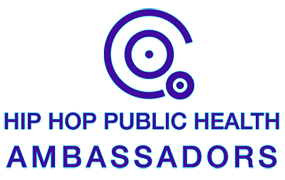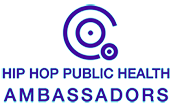
And, statistics show that angry drunks are more prone to end up in trouble with the law. Many individuals with established behavioral patterns that result in alcohol consumption are aware of these tendencies because they drink heavily on a regular basis. Dealing with an angry alcoholic is challenging, and sadly, it’s likely your behavior is taking a toll on your friends’ and loved ones’ willingness to spend time with you in certain situations. I’ve spent a lot of time talking about ‘angry drunks’ in this article. It’s clear that they’re not just a challenge for individuals, but also for society as a whole.
Alcoholic Rage Syndrome: What It Is and How To Overcome It

Fortunately, thanks to some recent research, we’re getting a better idea as to what this link actually is. Choosing recovery close to home means your support system is just a few miles away. By dismissing them, you invalidate their experience, which can lead to a buildup of rage and potentially lashing out.
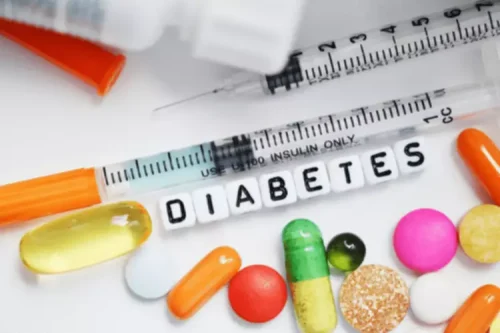
Health Challenges
The study included 67 undergraduate men who were currently dating someone. A lack of impulse control can make a person unable to resist the sudden, forceful urge to fly into a rage or act aggressively. There are a number of cognitive, neurobiological, and social factors that can influence how alcohol affects aggression. Plus, we’re always introducing new features to optimize your in-app experience.
The Connection Between Alcohol and Anger
While your sober self would think twice about letting those emotions loose, your drunken self will let fly with anger, tears, or whatever else they may feel. If you’re suppressing a lot of anger – say, frustration overwork or relationship trouble – there’s a good chance that anger will be a lot less suppressed once you’ve had a few drinks. But if you’re a weepy drunk or a loud, obnoxious drunk, you’re much less likely to be destructive and cause lasting trouble for yourself and others. There are many different “drinking personalities,” but angry drunks have a much higher chance of becoming violent when they drink. But the problem with an angry drunk is that they may have a very skewed memory of their own actions after the fact. If they get angry or belligerent while drunk, they may not remember they were acting that way – or even believe it if told by someone else.
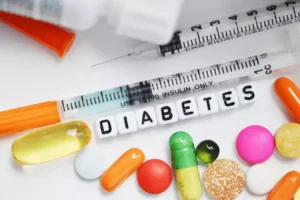
Psychological and Social Factors
- I’ve observed this pattern over several decades in helping clients deal with anger.
- Another example is simply the possibility that people who engage in heavy drinking are more likely to take risks in their lifestyle.
- Generally, “dry drunks” are people trying to quit drinking cold-turkey, or “white-knuckling” it, as it is sometimes called.
- Melody is here to help as you adjust to a life with less (or no) alcohol.
Additionally, more than three-quarters of study participants with the gene had mood disorders, personality disorders, and mood swings (10). In the study, nearly 500 participants completed a questionnaire about their inclination to consider future outcomes. Afterward, they either drank an alcoholic beverage (orange juice mixed with alcohol) or a placebo (the same concoction but with minimal alcohol). In rodent studies, glutamine is linked to heightened agitation and aggression during alcohol withdrawal (7). Additionally, repeated drinking may alter GABA receptors and even damage cells, causing reduced sensitivity to the body’s own relaxing neurotransmitter (8).
- There’s a reason the angry drunk is such a familiar stereotype.
- Violent behavior may occur in as much as 50% of people with alcohol use disorder (AUD).
- Luckily, that clarity can be beneficial, because it means that you have a chance to put your foot down and stop what you’re doing.
- People are more likely to respond to emotional triggers when drinking, but even the slightest hint of offense could cause a fight for the angry drunk.
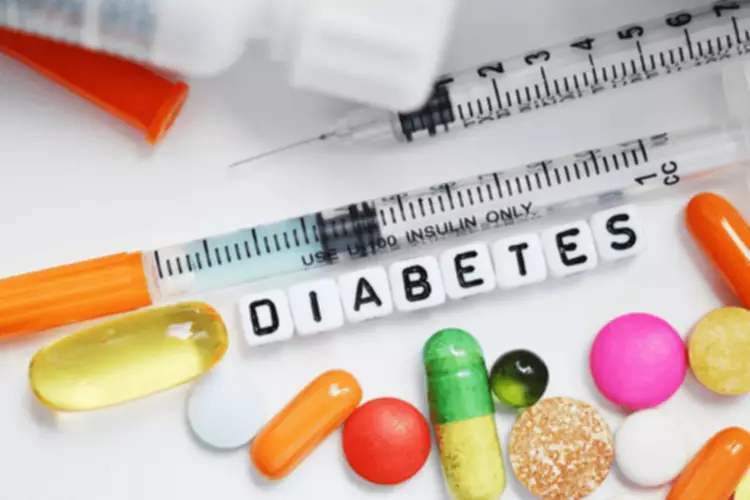
If you have difficulty controlling your drinking behavior, odds are you likely have trouble controlling your temper while drinking. This last tip can be incredibly difficult but is essential if you need to resolve an altercation with an angry drunk. Staying composed and collected in the face of anger can model to your friend or loved one what acceptable behavior looks like and can help prevent the anger from escalating. Some of the biological factors that contribute to alcoholism may also play a role in increasing the risk of intimate partner violence.
- Understanding your triggers helps you avoid or prepare for these situations.
- In a study published in Science Daily, researchers found that people who are shortsighted are less likely to think about the consequences of their actions.
- One study supporting this finding enlisted 245 men with a history of heavy episodic alcohol use (Berke et al., 2020).
- When provoked, an angry drunk looks for ways to expel their anger.
The Eye-Opening Science Behind Alcoholic Rage
Anger comes from within and is a feeling that we all experience. We need anger to stand up for anger when drunk ourselves and others when something is wrong. An anger problem arises when we express our natural anger in harmful or unproductive ways in solving the dilemmas at hand. The important thing is to trace the steps back from your outburst and identify what sets you off. Alcohol can provoke different emotional responses for different people. If you have a natural tendency to be angry, drinking alcohol may cause you to become aggressive.
